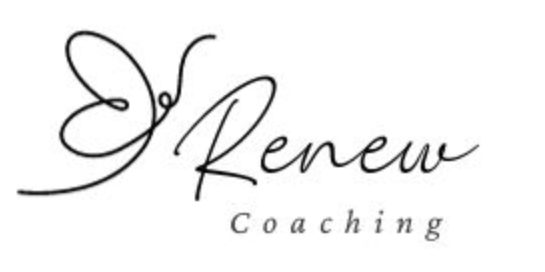Listening is a skill that is often overlooked and definitely undervalued.
Have you ever been in a conversation with another person whom you know is not really listening to what you are saying? Think for a moment about how you know they are not listening to you. It could be their body language or the blank look in their eyes. Perhaps their eyes are scanning the room or they might even be starting to answer you before you have finished your sentence. The point is you know when you are not being listened to and it can be frustrating and irritating!
For some, not listening or not hearing what is being said serves a purpose in their life. Whether it’s their boss who is saying something they don’t want to hear or a coworker whom they feel doesn’t know enough to be offering information, they just choose to not listen. Sometimes they just don’t want to hear what is being said so they can avoid being put in a position of accepting or taking action on what they heard.
If good listening skills are so valuable then why are so many of us poor listeners? The first thing is to understand that we are not born “good” listeners. It is a skill that can and should be cultivated and honed. While it does take work, with some coaching you can improve your listening skills dramatically. Good listening starts with a genuine interest in the other person and what they have to say. Good listening is asking the right questions and then listening with an open mind to the answers. Here are some more tips to help you excel as a listener:
- Use your whole body to “hear”. That includes your face, your eyes, and the position of your body.
- Listen patiently. People think faster than they speak. Give them the time they need to express their thoughts.
- Hear them out before you start judging their words or speaking yourself.
- Listen to nonverbal messages. Many messages are communicated nonverbally by tone of voice, facial expressions, energy level, or posture.
- Ask questions to clarify the information you have heard.
- Give feedback. Look directly at the speaker. Now and then nod to show that you understand. At appropriate points you may also smile, frown, laugh, or remain silent.
These are all ways to let the speaker know that you are really listening. Remember, you listen with your face and the rest of your body as well as your ears! Apply these tips to become a better listener to improve your career and your life.
About Trignano Consulting, LLC:
Linda Trignano is focused on helping individuals and teams improve their communication style both personally and professionally. A coach & consultant with over 25 years of experience in a corporate environment, Trignano offers client support in training and team facilitation. As a distributor for the DiSC assessment suite of products, Linda Trignano’s firm is focused on helping companies more effectively handle their people related needs by working collaboratively with clients to find solutions that work for everyone. She is able to quickly and cost effectively implement change that improves productivity. You can reach us at www.trignanoconsulting.com or by calling 551-800-1127.
